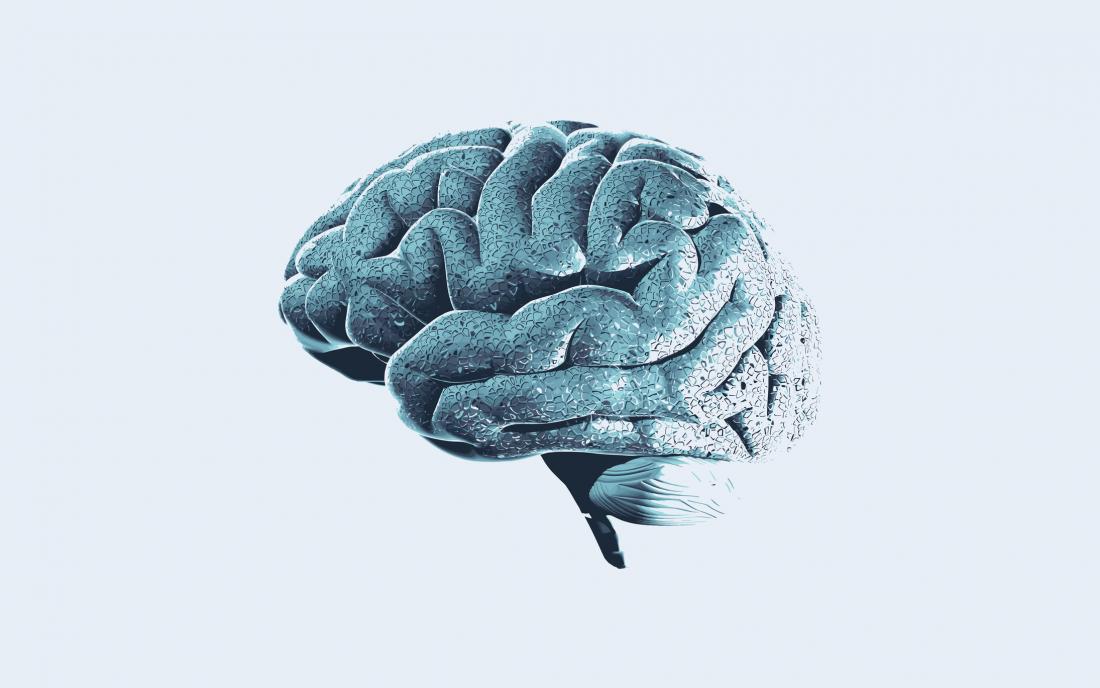Researchers at Rensselaer Polytechnic Institute have demonstrated a drug candidate of potential significance for combating the principle pathology of Alzheimer’s disease. The results appeared in the journal Chemical Communications.
The candidate in focus, identified as the compound C1, inhibits the enzyme gamma secretase from its role in the production of amyloids and subsequently fibrils, a hallmark indicator of Alzheimer’s disease.
C1 received its focus as a promising drug candidate after various screenings identifying a compound targeting the amyloid precursor protein substrate, which would prevent amyloid production by inhibiting gamma secretase. The screenings were initiated by Chunyu Wang, a researcher at Rensselaer Polytechnic Institute.
“Historically, drug trials for gamma secretase inhibitors failed because traditional enzyme inhibitors have severe side effects. They stopped all of the normal functions of gamma secretase,” Wang explained.
“Our compound binds to the cleavage site of the precursor protein instead of the enzyme itself, which may avoid many problems associated with traditional enzyme inhibitors.”
Deepak Vashishth, another researcher at Rensselaer Polytechnic Institute, added: “With a new approach to tackling the principal pathology of Alzheimer’s disease, Chunyu’s work is generating a fresh roster of drug candidates with enormous promise. His works speaks to the power of the interdisciplinary culture of research at CBIS, and we are pleased with this early result.”


